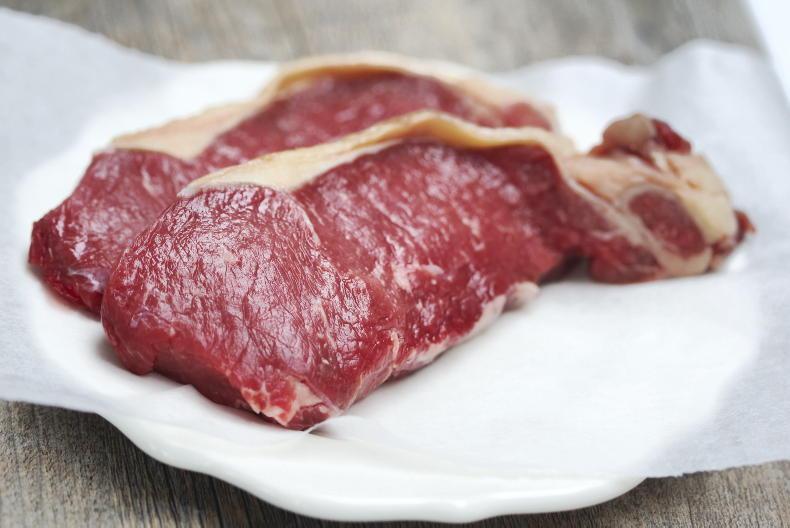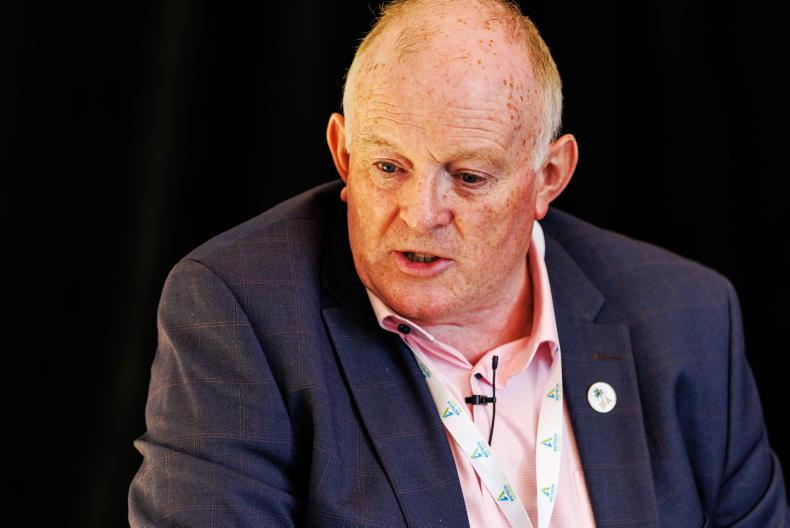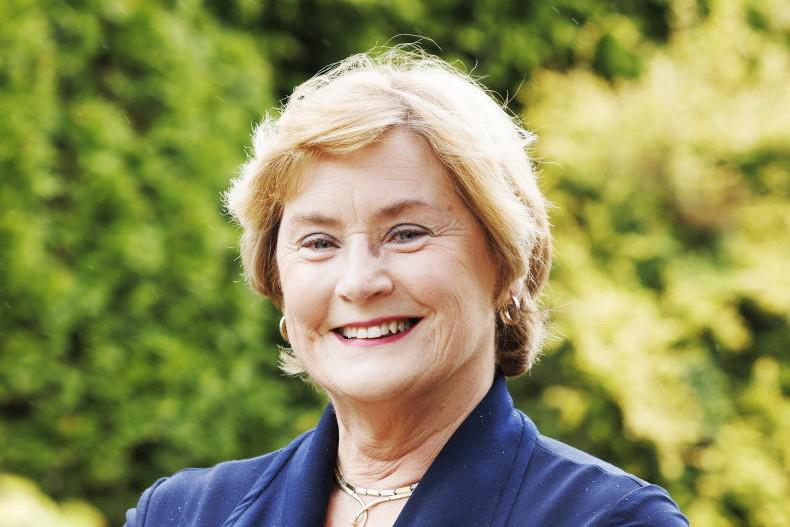We grew up with an abattoir at the back of our house. My grandad was the local butcher. This was how most people knew me and connected me with my home and family. Conversations, where people search for a familiar connection is a very typical Irish phenomenon. Recently, someone said, “Sure there are no McKeevers in Windgap”. My response: “I’m Mick Shea’s granddaughter”.
There was trust there between the farmers
The reply was complimentary “with Mick Shea, you got all your animal back and you got your own animal”. There was trust there between the farmers that dropped off their live animals and my grandad, who made sure that no piece of that animal was left unaccounted for.
However, back then people actually wanted their whole animal back. As time went by, more and more fifth-quarter found a home in our freezer and although we ate the tongue or oxtail soup and the crubeens, there was only so much that anyone would consume.
Today, that same product no longer has a home in this country
The ultimate winners – my dad’s greyhounds. Today, that same product no longer has a home in this country which is one of the reasons why our international markets are so vital to our future viability.
As I was gathering my closing remarks following last Fridays Agricultural Science Association conference, I was struck by how many times “trust” was mentioned. Trust between farmers and processors, customers and suppliers, or its importance for our international markets.
Consumers are blessed with unparalleled transparency from farm to fork
According to Bord Bia, transparency offers companies the opportunity to build higher levels of brand loyalty through increased levels of trust.
Consumers are blessed with unparalleled transparency from farm to fork but price transparency beyond the farmgate is far less evident. This issue was centre stage during the recent beef talks.
During his address at the conference, Commissioner Phil Hogan mentioned that from January 2021 the EU Commission will put in place measures to introduce greater transparency along the food supply chain. This will be achieved through improved price reporting. The aim of this new legislation is to allow equal access to price information to all in the chain in support of greater clarity on how the food supply chain functions.
We are the fourth most expensive country in the EU for food and soft drinks
The fact that this is being done at an EU level is important. As we consume only 10% of the beef and dairy we produce here between retail and wholesale/food service, we are an exporter and prices in international markets will have an impact. As Eurostat information (2018) shows that we are the fourth most expensive country in the EU for food and soft drinks, looking at price information only in our home market would not give us all the facts needed to make informed decisions.
Several speakers mentioned that international market opportunities are dependent on “proof points”. That is why international buyers travel here, as the Chinese did two weeks ago, to be sure that everything is as we say it is. We need to continue to demonstrate why we are the best. Phelim O’Neill and I will be discussing this value proposition on the Irish Farmers Journal stand each day at the Ploughing at 1pm.
The final comment I will leave you with came from Nick Whelan, the CEO of Dale Farm. He said “trust comes with consistency not by looking back on past victories”.
Read more
Irish Country Living presents the Country Lounge at Ploughing
Maximising the opportunities to network socially and professionally
We grew up with an abattoir at the back of our house. My grandad was the local butcher. This was how most people knew me and connected me with my home and family. Conversations, where people search for a familiar connection is a very typical Irish phenomenon. Recently, someone said, “Sure there are no McKeevers in Windgap”. My response: “I’m Mick Shea’s granddaughter”.
There was trust there between the farmers
The reply was complimentary “with Mick Shea, you got all your animal back and you got your own animal”. There was trust there between the farmers that dropped off their live animals and my grandad, who made sure that no piece of that animal was left unaccounted for.
However, back then people actually wanted their whole animal back. As time went by, more and more fifth-quarter found a home in our freezer and although we ate the tongue or oxtail soup and the crubeens, there was only so much that anyone would consume.
Today, that same product no longer has a home in this country
The ultimate winners – my dad’s greyhounds. Today, that same product no longer has a home in this country which is one of the reasons why our international markets are so vital to our future viability.
As I was gathering my closing remarks following last Fridays Agricultural Science Association conference, I was struck by how many times “trust” was mentioned. Trust between farmers and processors, customers and suppliers, or its importance for our international markets.
Consumers are blessed with unparalleled transparency from farm to fork
According to Bord Bia, transparency offers companies the opportunity to build higher levels of brand loyalty through increased levels of trust.
Consumers are blessed with unparalleled transparency from farm to fork but price transparency beyond the farmgate is far less evident. This issue was centre stage during the recent beef talks.
During his address at the conference, Commissioner Phil Hogan mentioned that from January 2021 the EU Commission will put in place measures to introduce greater transparency along the food supply chain. This will be achieved through improved price reporting. The aim of this new legislation is to allow equal access to price information to all in the chain in support of greater clarity on how the food supply chain functions.
We are the fourth most expensive country in the EU for food and soft drinks
The fact that this is being done at an EU level is important. As we consume only 10% of the beef and dairy we produce here between retail and wholesale/food service, we are an exporter and prices in international markets will have an impact. As Eurostat information (2018) shows that we are the fourth most expensive country in the EU for food and soft drinks, looking at price information only in our home market would not give us all the facts needed to make informed decisions.
Several speakers mentioned that international market opportunities are dependent on “proof points”. That is why international buyers travel here, as the Chinese did two weeks ago, to be sure that everything is as we say it is. We need to continue to demonstrate why we are the best. Phelim O’Neill and I will be discussing this value proposition on the Irish Farmers Journal stand each day at the Ploughing at 1pm.
The final comment I will leave you with came from Nick Whelan, the CEO of Dale Farm. He said “trust comes with consistency not by looking back on past victories”.
Read more
Irish Country Living presents the Country Lounge at Ploughing
Maximising the opportunities to network socially and professionally










SHARING OPTIONS